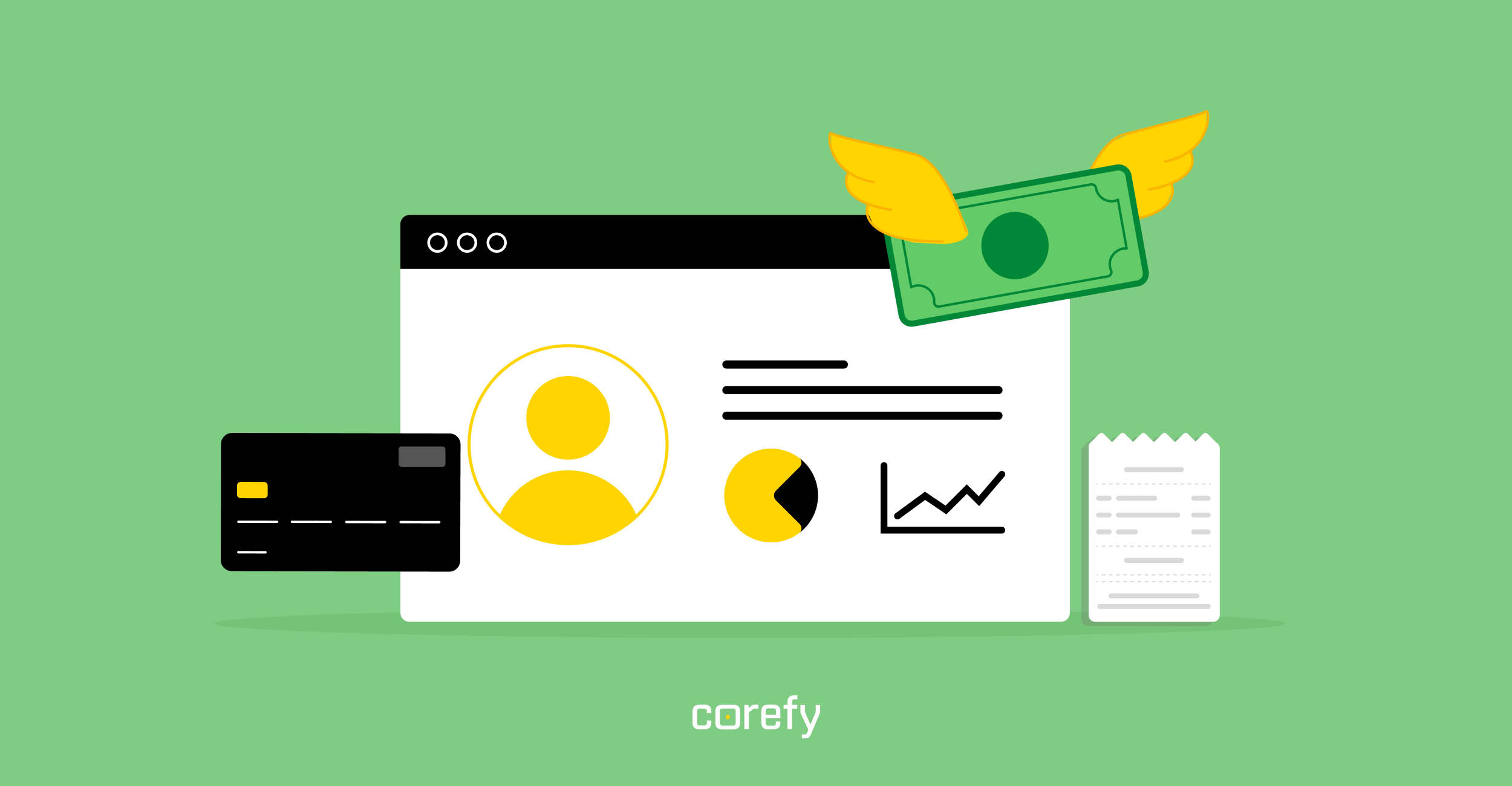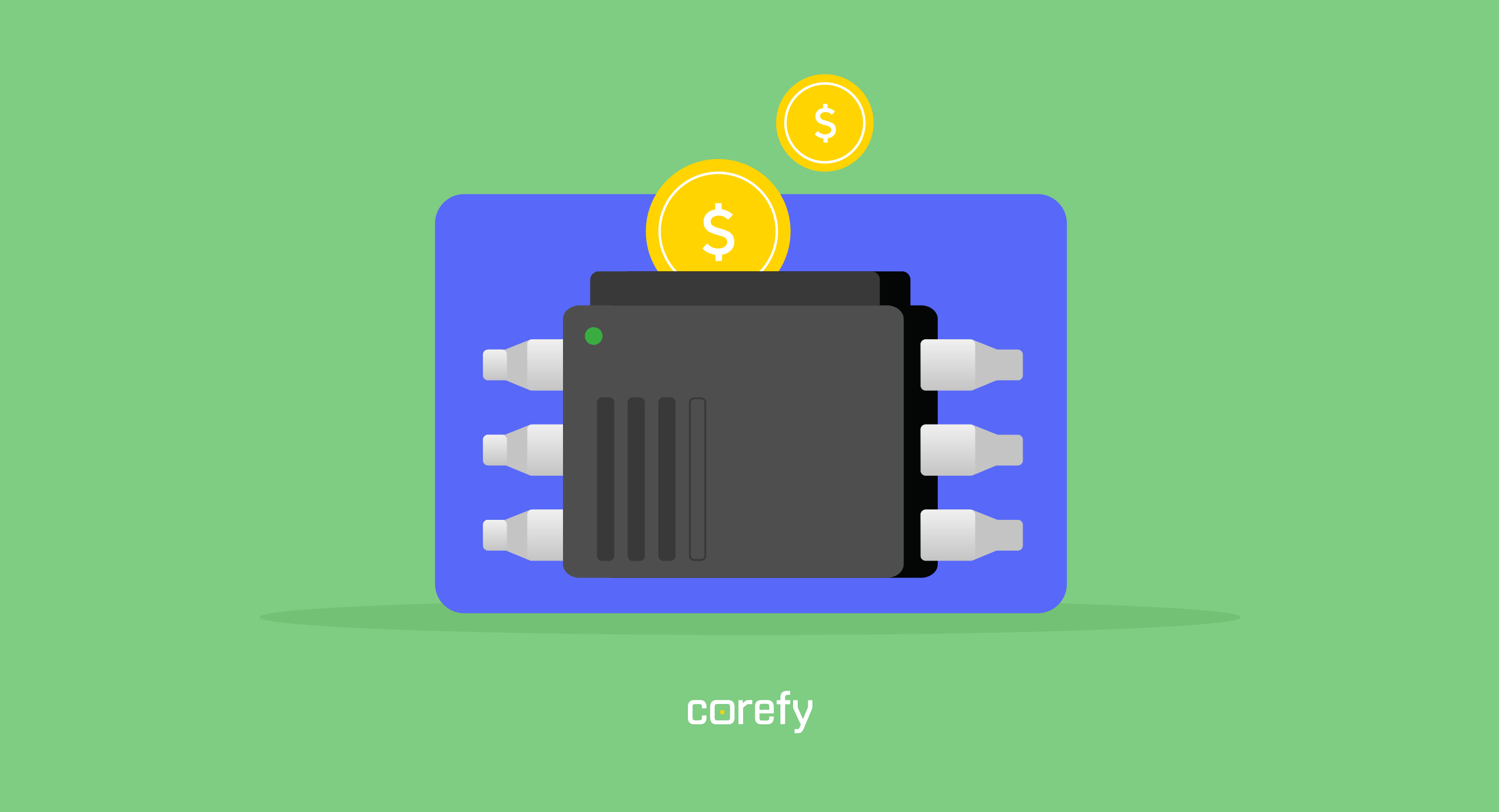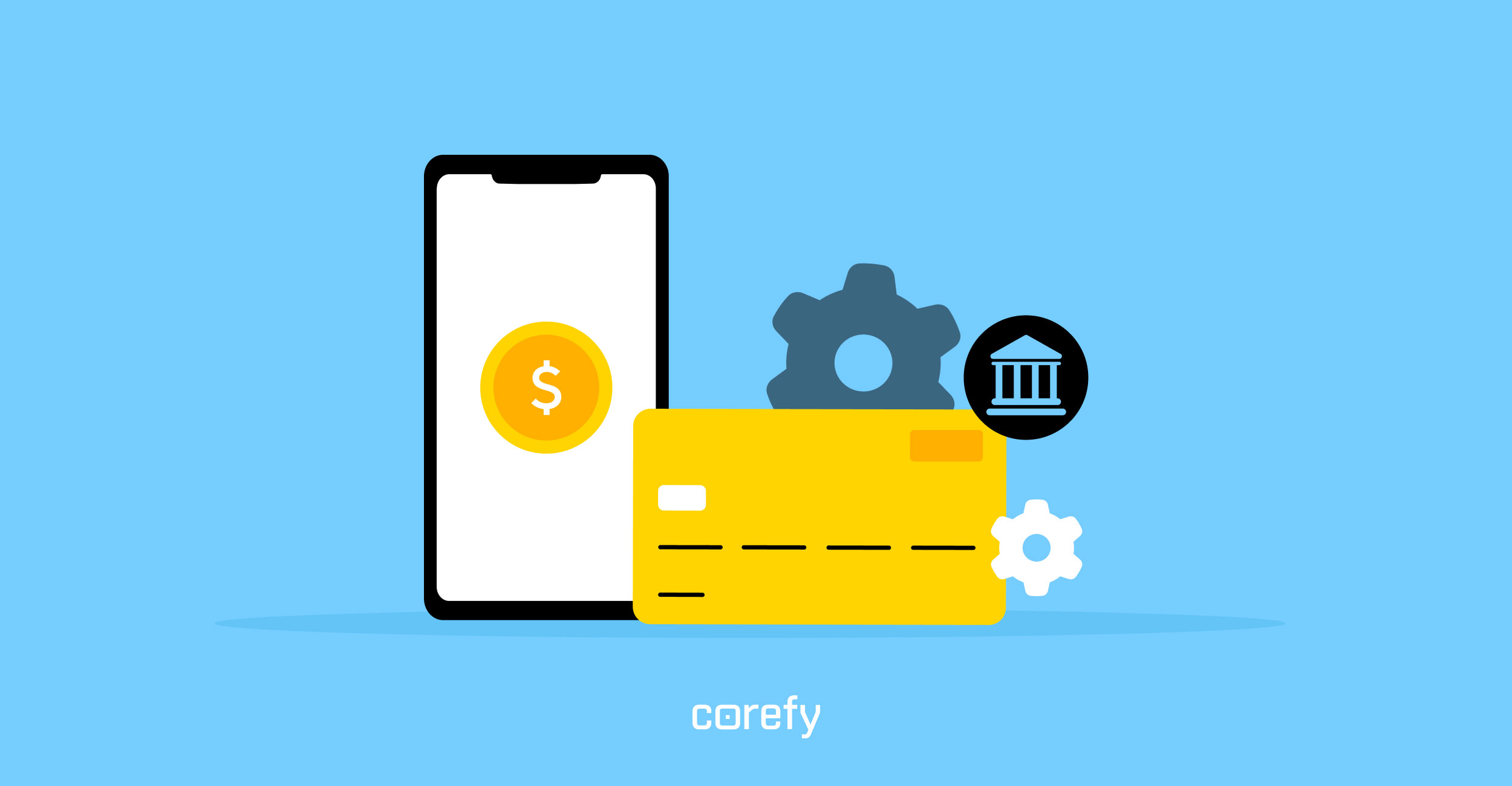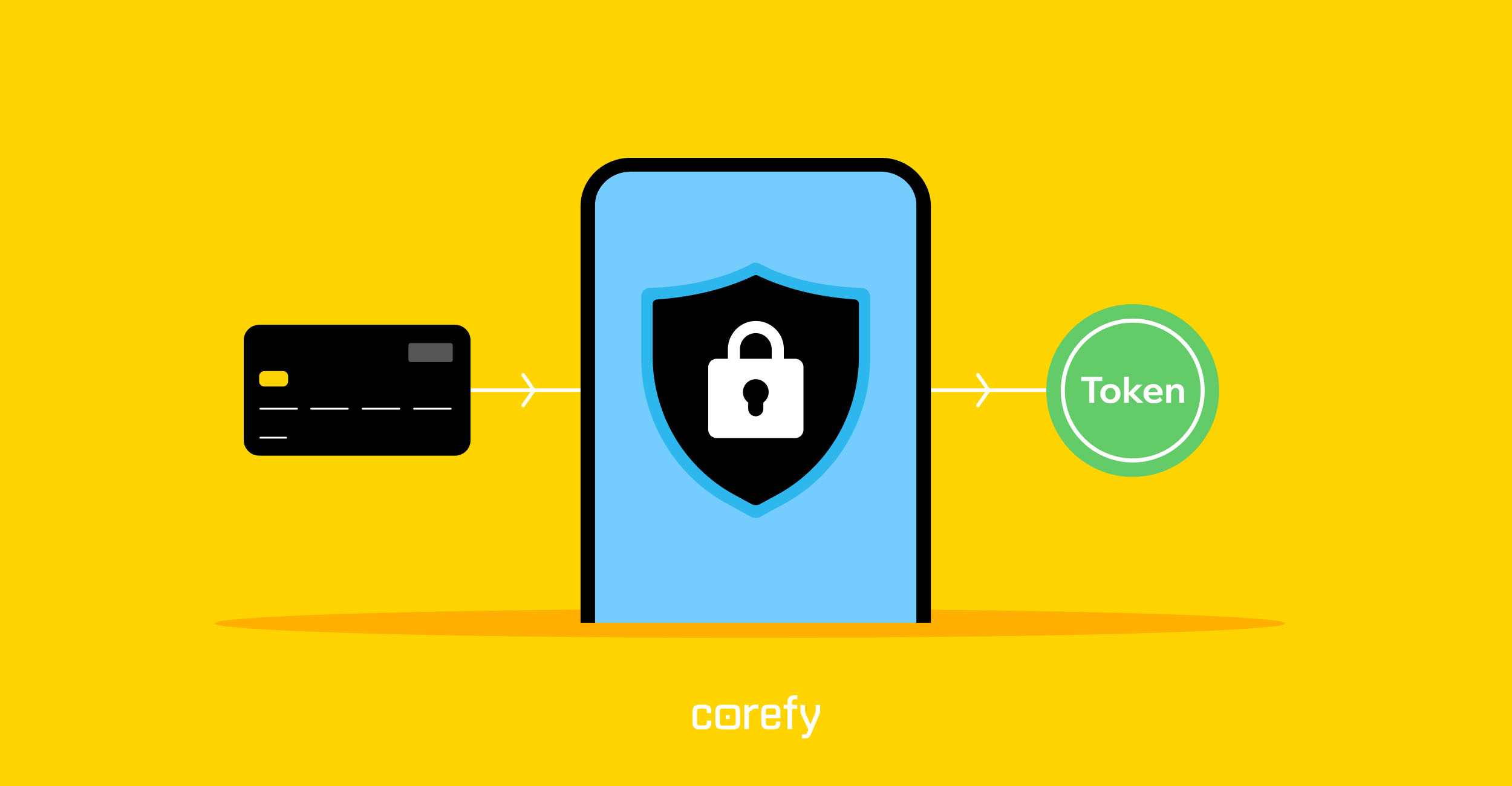Every single sphere of our lives is likely to feel the harsh impact of the coronavirus as it spreads across the globe. The quarantine, as well as the need for social distancing, have already drastically affected, among other stuff, our shopping habits and the way we pay.
Gauging the coronavirus effect on retail and payments
The unprecedented COVID-19 spread raises increasing health and wellbeing concerns. In turn, it drives the demand for modern shopping options, eliminating the need for physical interaction. Thus, against the backdrop of the recession in the world economy, a few sectors manage to show a remarkable performance.
Online retailing
Even though still most of the global retail sales are made in brick-and-mortar stores, the pandemic makes online shopping much more appealing for a customer. With this switch to online, people won’t start purchasing more. In fact, given the economic circumstances, they will be buying less, focusing on staple items, such as groceries and hygiene products. What will change here is the share of online in global sales.
Moreover, many countries announced lockdowns, requiring all non-essential stores and public places to close. To minimise the losses, affected businesses strive to come up with some ways to increase their online presence. For instance, restaurants are switching to takeaways and on-demand services; gyms are starting to sell sporting goods online. It helps them to generate at least some revenue and stay afloat.
The same is true for retailers who haven’t been present online before and for those who sell on the internet but not the essential goods. They offer online discounts, free delivery, extend their return policies, trying to do everything to attract shoppers in this stressful time.
Altogether, it apparently works, as many major digital marketplaces and online stores report they see a significant increase in demand.
Digital payments
Everything we described above drives the growth of online payments. Now, it is crucial for businesses to offer a decent set of payment options, making the experience of their locked-up customers as seamless and fulfilling as possible. It is where Corefy comes out in all its glory, offering the advanced technical infrastructure for payment processing.
Moreover, not only the increased demand on the consumers’ side will boost digital payments, but also some new initiatives by leading global payment systems. Mastercard has recently highlighted that regardless of how far the coronavirus spreads, the company will stick to its plans on driving worldwide digital payments. It is forecasted that transaction volume for Mastercard and Visa will increase, and the coronavirus wouldn’t substantially hit their income.
Above all, the World Health Organisation recommended the use of cashless payment methods, as it is still unclear if banknotes may spread coronavirus.
Contactless delivery
There’s every chance contactless delivery will become one of the critical logistics trends of 2020. Many businesses have started offering this delivery option to protect both their couriers and customers, ensuring avoiding interpersonal interactions. A customer just makes an order online, pays with a preferred digital method, and securely picks their package where the courier has left it.
How to handle new challenges as a business and as a customer
All things considered, the best thing to do for you as a customer is to stay home, take care of yourself, and, if possible, do all your shopping online. It’s an excellent chance to develop healthier spending habits, adopt innovative payment methods, and get used to cashless life.
If you run a business, you’ll have to adapt to the circumstances. Thanks to years of fintech evolution, plenty of solutions are designed to make the transition to online smooth and painless. In these challenging times, we’ve got your back when it comes to accepting payments online. Corefy integrates payment providers and acquirers all around the world, currently having 200+ integrations. We provide our customers with tools to help them adapt to rapid changes in the payment environment. Now is a perfect time to deep-dive online. We believe that when the pandemic is over, businesses will enjoy the benefits of digitalisation to the full extent, holding on to the tools they acquired on this journey.










.jpg)

.jpg)
